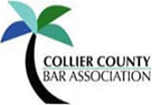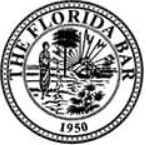In Florida, laws determine how tenants and residents handle leases. However, there are some provisions that are relatively universal. Today, we will take a look at some of the clauses that are a must-have in any lease between a landlord and tenant.
First, you need the name and contact information of all tenants. Contracts should also include the name of the landlord. In the case where a company owns land rather than an individual, such as with apartment complexes, the company’s name must be present.
Next, you must be clear about the rent. How should tenants pay it? When is it due? How much is rent for the unit you are leasing? This should all be information given upfront. You should write this clearly in the contract as well to prevent any mix-ups or confusion.
Along with rent, you should also specify information about utilities. Which are the tenant’s responsibility? Which ones will the landlord cover? Remember to be clear about how they can contact you for repairs as well.
You should also be clear about subletting. Is it allowed? What are the rules if so? Finally, be clear about the duration of the lease. When should they renew it? What happens if a tenant breaks lease early? What are the appropriate steps to terminate the lease?
Are you curious to read more about residential leasing? If so, you can take a look at our linked web page here on the same topic. You can learn about the relationship between landlords and tenants. You can also learn more about what the laws expect of each party.







